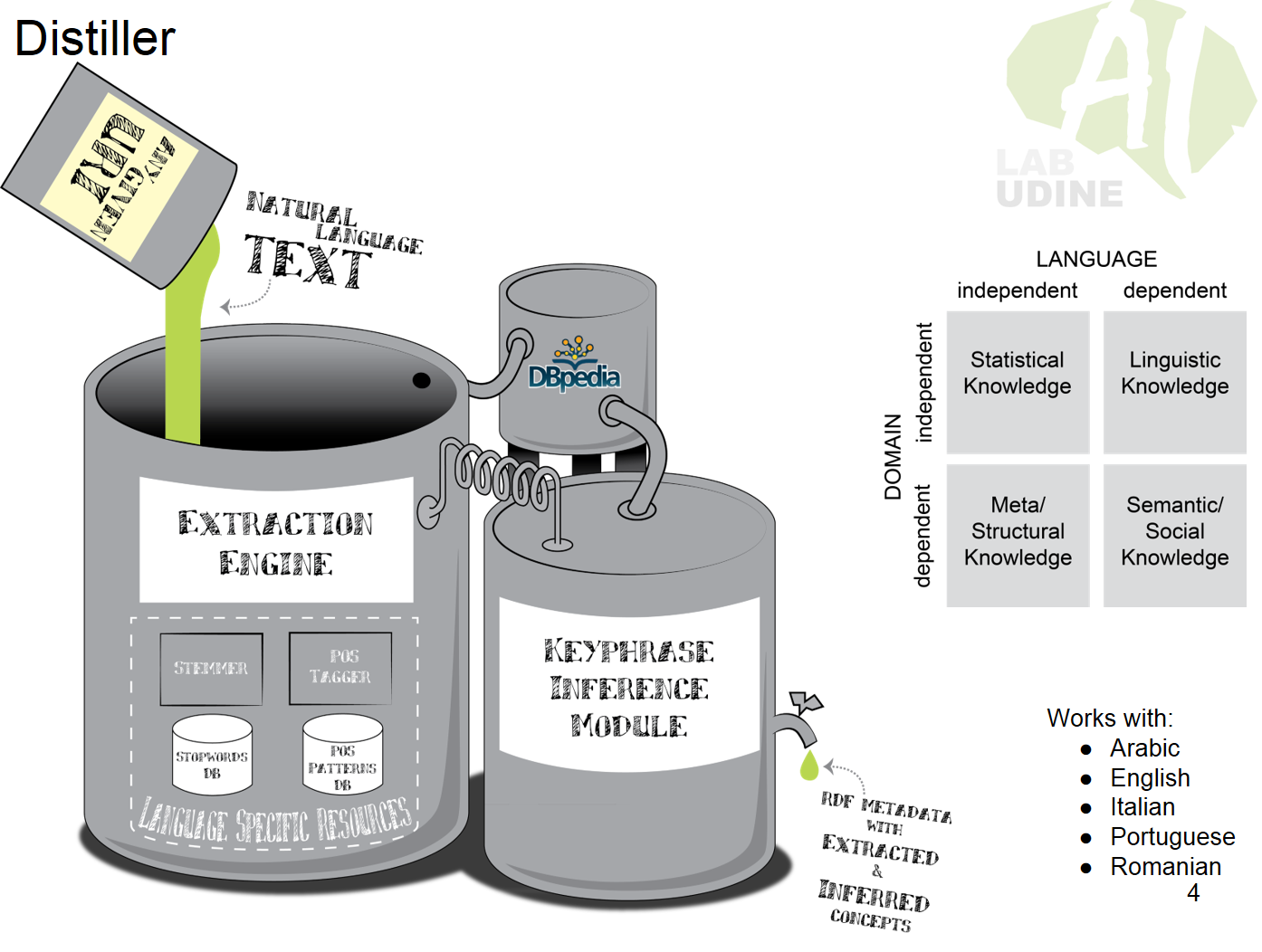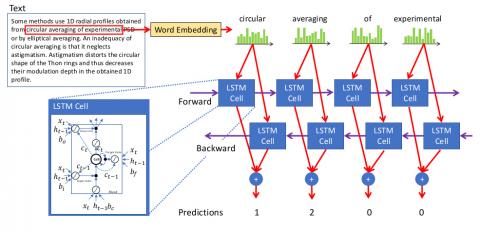Egocentric Vision for Detecting Social Relationships

Social interactions are so natural that we rarely stop wondering who is interacting with whom or which people are gathering into a group and who are not. Nevertheless, humans naturally do that neglecting that the complexity of this task increases when only visual cues are available. Different situations need different behaviors: while we accept to stand in close proximity to strangers when we at- tend some kind of public event, we would feel uncomfortable in having people we do not know close to us when we have a coffee. In fact, we rarely exchange mutual gaze with people we are not interacting with, an important clue when trying to discern different social clusters. We address the problem of partitioning people in a video sequence into socially related groups from an egocentric vision (from now on, ego-vision) perspective. Human behavior is by no means random: when interacting with each other we generally stand in determined positions to avoid occlusions in our […]
Automatic Keyphrase Extraction

Keyphrases (KPs) are phrases that “capture the main topic discussed on a given document”. More specifically, KPs are phrases typically one to five words long that appear verbatim in a document, and can be used to briefly summarize its content. The task of finding such KPs is called Automatic Keyphrase Extraction (AKE). Recently, AKE has received a lot of attention, because it has been successfully used in many natural language processing (NLP) tasks, such as text summarization, document clustering, or non-NLP tasks such as social network analysis or user modeling. AKE approaches have been also applied in Information Retrieval of relevant documents in digital document archives which can contain heterogeneous types of items, such as books articles, papers etc. However, given the wide variety of lexical, linguistic and semantic aspects that can contribute to define a keyphrase, it difficult to design hand-crafted feature, and even the best performing algorithms hardly reach F1-Scores of 50% on the most common evaluation sets. […]
Bidirectional LSTM Recurrent Neural Network for Keyphrase Extraction

Bidirectional LSTM Recurrent Neural Networkfor Keyphrase Extraction Basaldella M, Antolli E, Serra G, Tasso C. Italian Research Conference on Digital Libraries (IRCDL), 2018
Predicting the Usefulness of Amazon Reviews Using Argumentation Mining

Argumentation is the discipline that studies the way in which humans debate and articulate their opinions and beliefs. Argumentation mining is a research area at the cross-road of many fields, such as computational linguistics, machine learning, artificial intelligence, natural-language processing. The main goal of argumentation mining is the automatically extraction and identification of arguments and their relations from natural language text documents. Internet users generate content at unprecedented rates. Building intelligent systems capable of discriminating useful content within this ocean of information is thus becoming a urgent need. In this paper, we aim to predict the usefulness of Amazon reviews, and to do this we exploit features coming from an off-the-shelf argumentation mining system. We argue that the usefulness of a review, in fact, is strictly related to its argumentative content, whereas the use of an already trained system avoids the costly need of relabeling a novel dataset. Results obtained on a large publicly available corpus support this hypothesis. Related […]